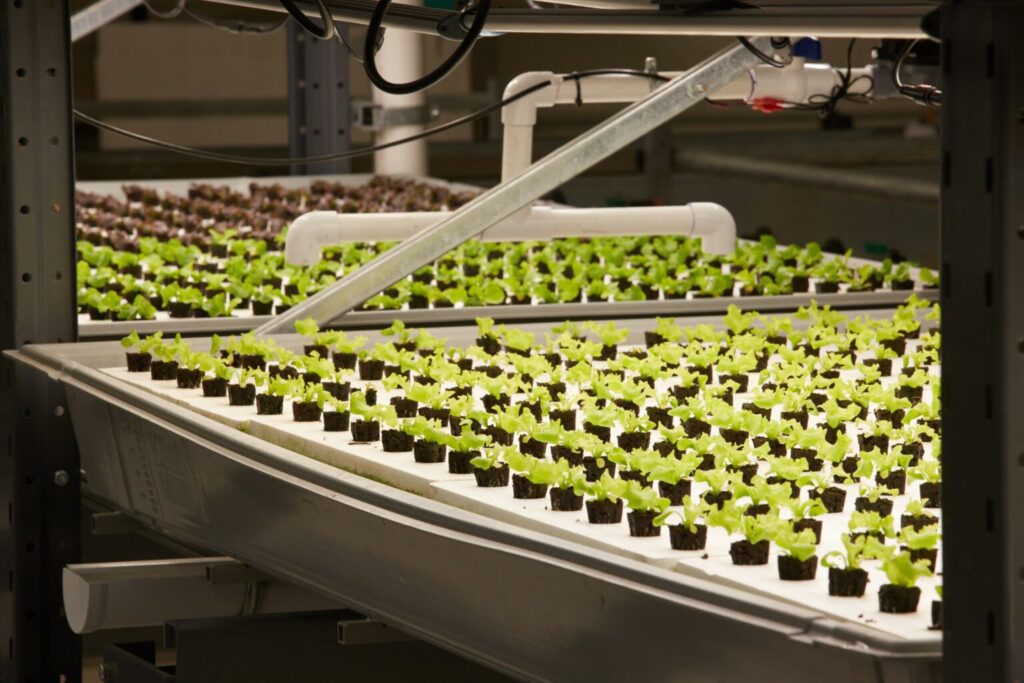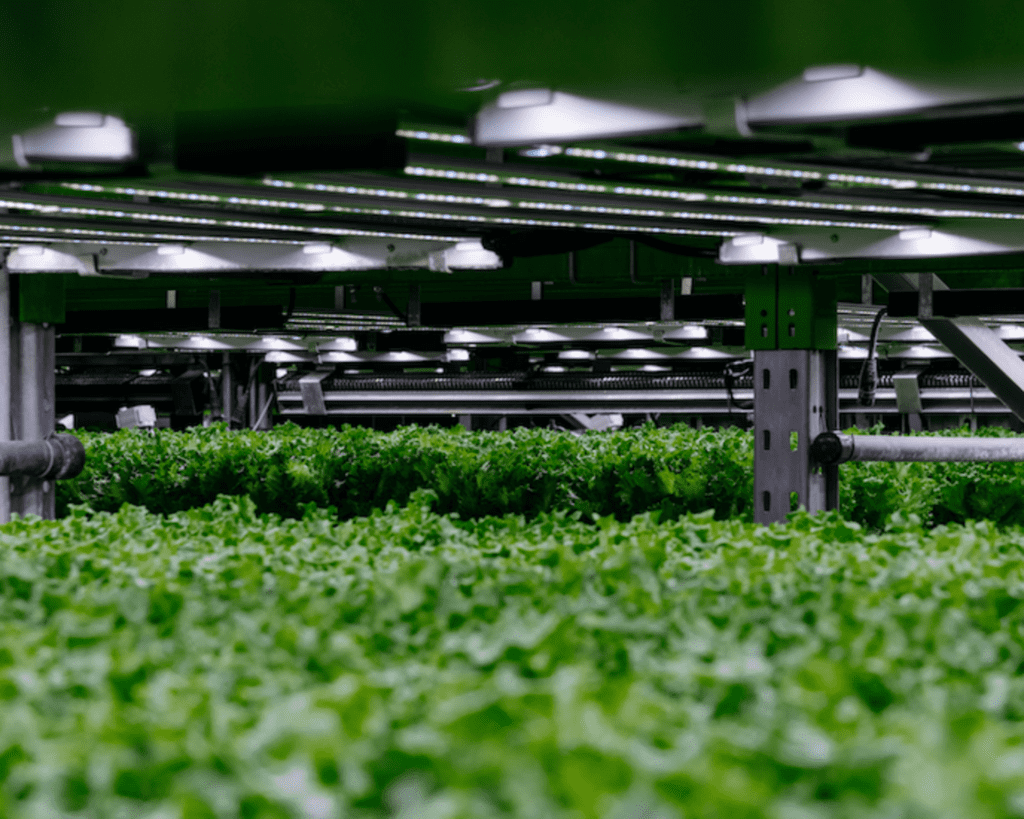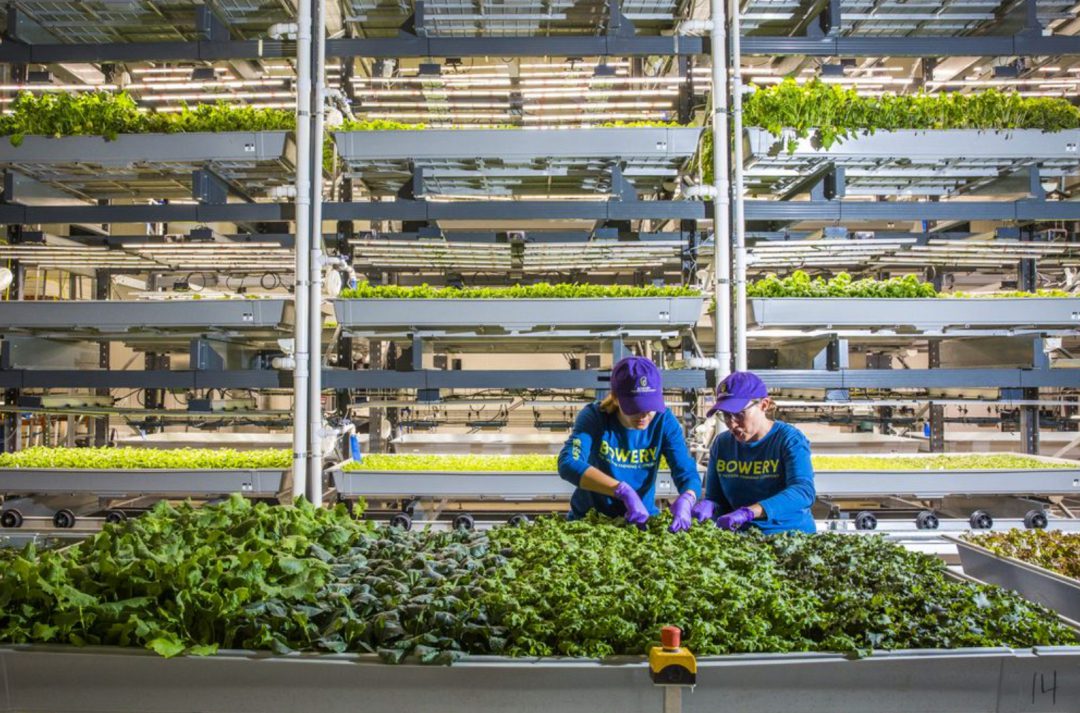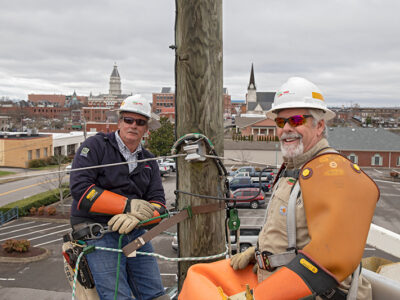America loves its independent, family-run farms that make up much of the backbone of the food supply in this country. However, there is something to be said of the options Bowery Farming provides by having a streamlined and sustainable indoor operation for delivering access to high-nutrient produce to millions of customers at a time.
In January 2022, the New York-based agricultural company announced it would expand its footprint down south to Arlington, Texas, and Locust Grove, GA.
The moves should allow Bowery to grow the size of its futuristic farm business in a market not yet exposed to its innovative methods of doing things, all while creating jobs and economic growth for the facility’s nearby communities in the process. Bowery said the Arlington and Locust Grove facilities would be ready to begin production this year.
Last year’s announcement left many company figures excited about the future of the fledgling indoor farming industry. “We’re thrilled to announce our expansion beyond the Northeast and Mid-Atlantic regions,” said Irving Fain, Bowery’s founder and chief executive officer, in Paper City magazine.
“There is an enormous economic opportunity that comes with supporting our mission to democratize access to local, pesticide-free protected produce, and now we are ready to continue our growth more rapidly,” Fain continued. “Protected produce” refers to food grown in indoor, controlled environments that eliminate the need for seasonal growing and the possibility of drought or disease affecting crop yields.

Protected produce is the future in the eyes of Bowery executives, and exposure to more regional markets would hopefully lead to widespread adoption of these alternatives.
The reasoning does make some sense. Bowery’s protected produce represents the logical next step for agriculture in a world where climates are becoming increasingly harsh and unpredictable for outdoor farms.
Fain believes Bowery is at a critical juncture where the execution of coming expansions could be a difference of billions for the company’s valuation years down the line.
“It will expand our reach and ability to be a reliable and sustainable source of local produce for more communities,” Fain said in a statement. “We’re leading the next generation of agriculture, and this new Arlington location further accelerates our momentum.”
Located on South Cooper Street, the Arlington farm will be tough to miss at 159,000 square feet. Anyone who finds themselves peering inside the walls of the facility will see a setup almost unrecognizable as a modern-day farm — a suite of cutting-edge software that works along with sensor and machine learning technology to deliver a day-to-day process that is entirely automated.
The indoor operations mean an obvious level of protection from the elements and any pests that might come about otherwise. The building is also 100% sustainable, running on fully renewable energy sources and using water recapture technology to conserve every last drop.

The large-scale commercial Locust Grove facility will be located at Colvin Drive and Highway 42 in the city, expecting to create more than 100 green jobs in Henry County. “Our smart indoor farm in Locust Grove will showcase Bowery’s technology leadership and innovation from seed to shelf,” Fain said in a press release.
“Metro Atlanta is a great location for food processing businesses due to our highly skilled workforce, our efficient transportation system, as well as direct access to a deep customer base that will benefit Bowery Farming,” said Katie Kirkpatrick, president and CEO of the Metro Atlanta Chamber.
North Texas area residents can expect to feel Bowery’s presence whether they buy its produce or not. Bruce Payne, Arlington’s economic development director, told the Shorthorn, that the company’s building and equipment are taxed, giving the city the cash infusion necessary to continue providing public services like community parks without raising property taxes for existing residents.
Beyond this, Payne says that the expected 100 year-round jobs, like in Georgia, created by the operation will allow residents to enter a sustainable business that otherwise might not exist for them. “Having people with strong employment opportunities and existing jobs is a very big deal,” he said.





